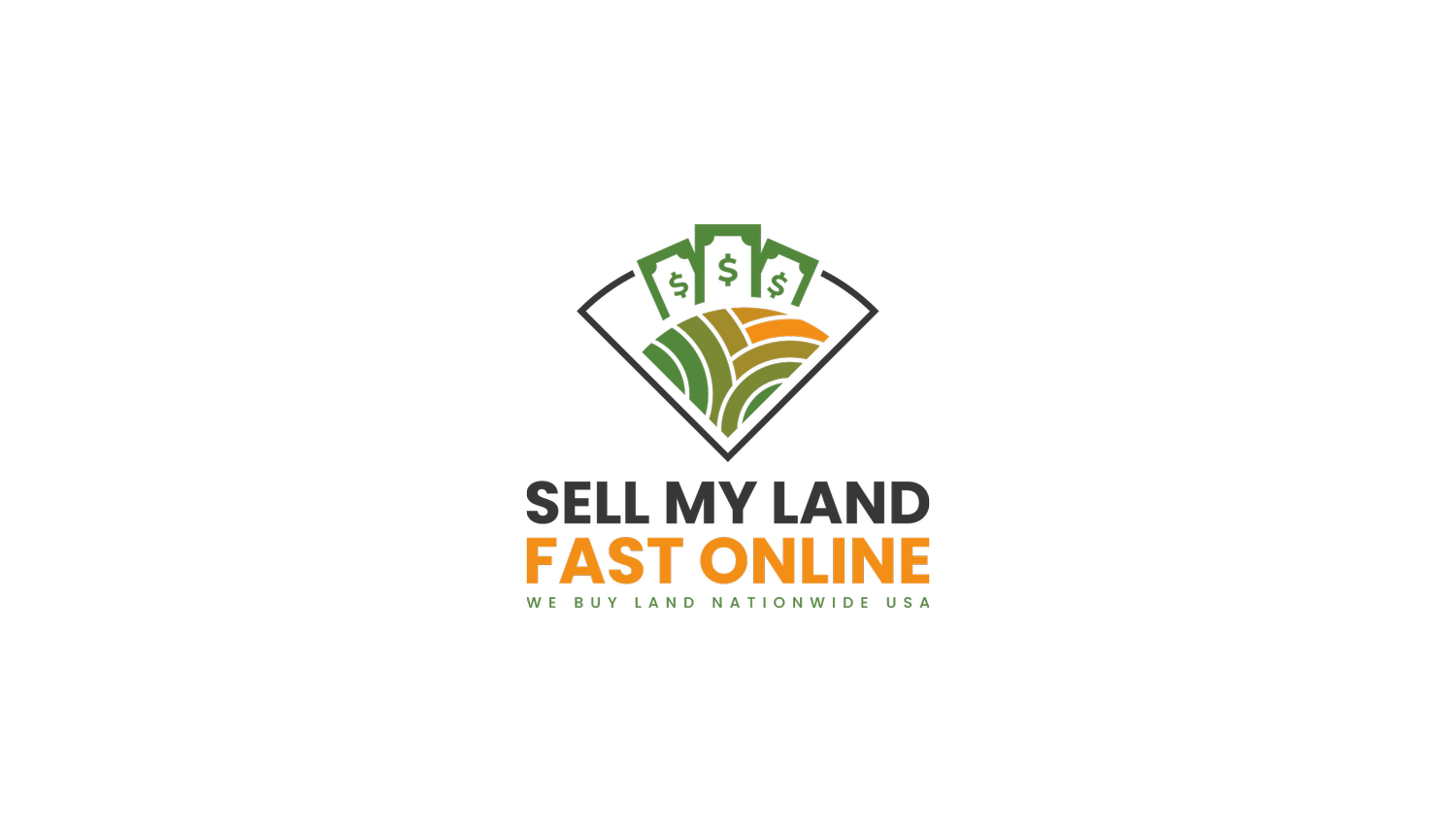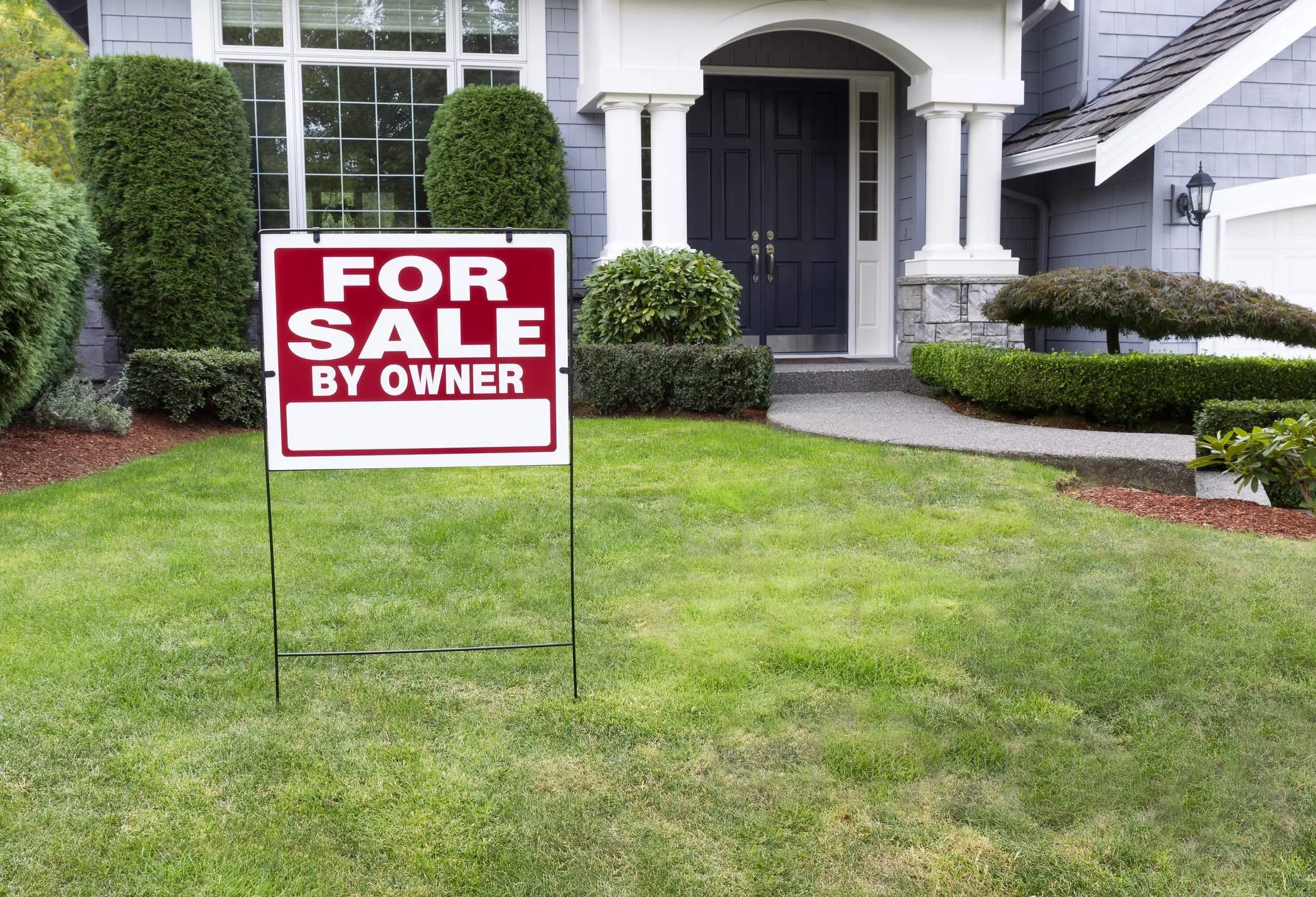How to Sell Land By Owner - Steps Needed to Sell Land
Thinking about selling your land but unsure where to begin? Selling land by owner (also called FSBO land sales) may feel overwhelming at first, but with the right process, it can be straightforward. The key is understanding your market, preparing your property, handling the paperwork, and connecting with the right buyers.
This guide walks you through the five essential steps to selling land without a realtor so you can save money on commissions and take full control of your sale.
Why Sell Land Without a Realtor?
For many sellers, the main reason is saving money. Real estate agents can charge commissions of up to 10% on land sales, which means less profit in your pocket. Selling land yourself eliminates that cost.
Another reason is availability. In rural areas, it’s often harder to find real estate agents willing to list raw land. And even if you do, they may not prioritize marketing it since commissions are lower than on home sales.
That said, selling land on your own can take more time and effort. Unlike houses, vacant land has a smaller buyer pool. Some buyers may also struggle to get traditional financing, which means you might need to consider owner financing to close the deal.
Pros and Cons of Selling Land By Owner
Pros
No real estate agent commissions
More control over the sales process
Direct communication with buyers
Cons
You’ll handle all the marketing and negotiations
More paperwork responsibility
Can take longer to find the right buyer
Documents Needed to Sell Land FSBO
Before listing your land, familiarize yourself with the paperwork required. Common documents include:
Purchase Agreement (Contract) – Outlines the terms of the sale, including price, contingencies, and closing date.
Disclosures – Inform buyers about known issues (environmental hazards, zoning, restrictions, etc.).
Closing Statement – Lists financial details, including taxes, fees, and purchase funds.
Deed – Transfers legal ownership of the land from seller to buyer.
Working with a title company or real estate attorney can help ensure these documents are completed correctly.
Step 1: Determine Your Land’s Market Value
Pricing your land correctly is crucial. Set it too high and it may sit unsold for months. Price it too low and you leave money behind.
Ways to estimate value:
Comparable Sales (Comps): Look at nearby land sales through county records, Zillow, LandWatch, or Realtor.com.
Professional Opinion: Hire an appraiser or get a Broker Price Opinion (BPO).
Key Value Factors: Location, road access, utilities, zoning, acreage size, and topography.
Step 2: Prepare Your Property
First impressions matter—even with vacant land.
Clean up: Remove trash, brush, or debris.
Take quality photos: Drone shots are especially effective.
Survey: A land survey isn’t required but helps buyers visualize boundaries.
Dedicated phone line: Use a second number for buyer inquiries to protect privacy.
Step 3: Market Your Land
Selling land requires both offline and online marketing:
For Sale Sign: Simple but effective for catching drive-by interest.
Neighbor Letters: Mail postcards or letters to nearby property owners—neighbors are often potential buyers.
Online Listings: Post your property on platforms like:
Zillow (largest real estate site, free to use)
Craigslist (good exposure, free listings)
Facebook Marketplace (great for local buyers and easy sharing)
Land-specific websites (LandWatch, Lands of America, LandFlip)
Flat Fee MLS: Get listed on the Multiple Listing Service without hiring a realtor.
Step 4: Negotiate the Contract
Once you have a serious buyer, you’ll need a purchase agreement. This contract should include:
Sale price
Earnest money deposit
Closing date
Contingencies (such as financing or inspections)
Templates are available from state real estate commissions, title companies, or online legal form providers.
Step 5: Close the Sale
Closing is when the deed transfers and you receive your money. A title company usually handles:
Preparing the deed
Holding earnest money in escrow
Creating the closing statement
Recording the deed with the county
This step protects both buyer and seller, making the process smoother and more secure.
Alternative Option – Selling Land for Cash
If you want to sell quickly without dealing with marketing or paperwork, consider selling to Sell My Land Fast Online. These investors purchase land directly, usually paying cash and closing within days or weeks. While you may get a lower price than selling on the open market, you’ll avoid commissions, delays, and buyer financing issues.
Conclusion
Selling land by owner may take extra work, but it also gives you more control and higher profits. By researching your property value, preparing it for sale, marketing effectively, and handling contracts properly, you can successfully close the deal without a realtor.

